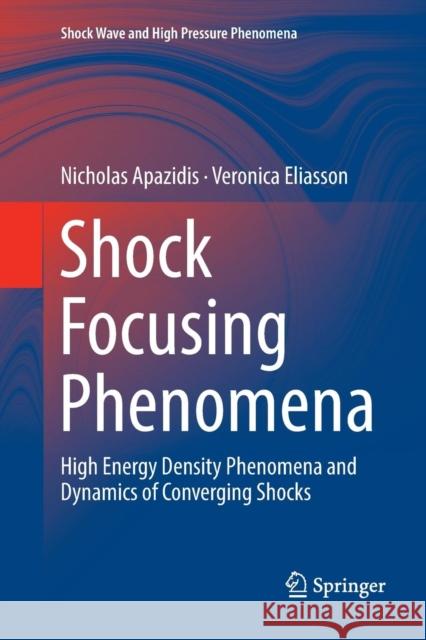Shock Focusing Phenomena: High Energy Density Phenomena and Dynamics of Converging Shocks » książka
topmenu
Shock Focusing Phenomena: High Energy Density Phenomena and Dynamics of Converging Shocks
ISBN-13: 9783030093457 / Angielski / Miękka / 2019 / 158 str.
Kategorie:
Kategorie BISAC:
Wydawca:
Springer
Seria wydawnicza:
Język:
Angielski
ISBN-13:
9783030093457
Rok wydania:
2019
Dostępne języki:
Numer serii:
000320529
Ilość stron:
158
Waga:
0.25 kg
Wymiary:
23.39 x 15.6 x 0.94
Oprawa:
Miękka











